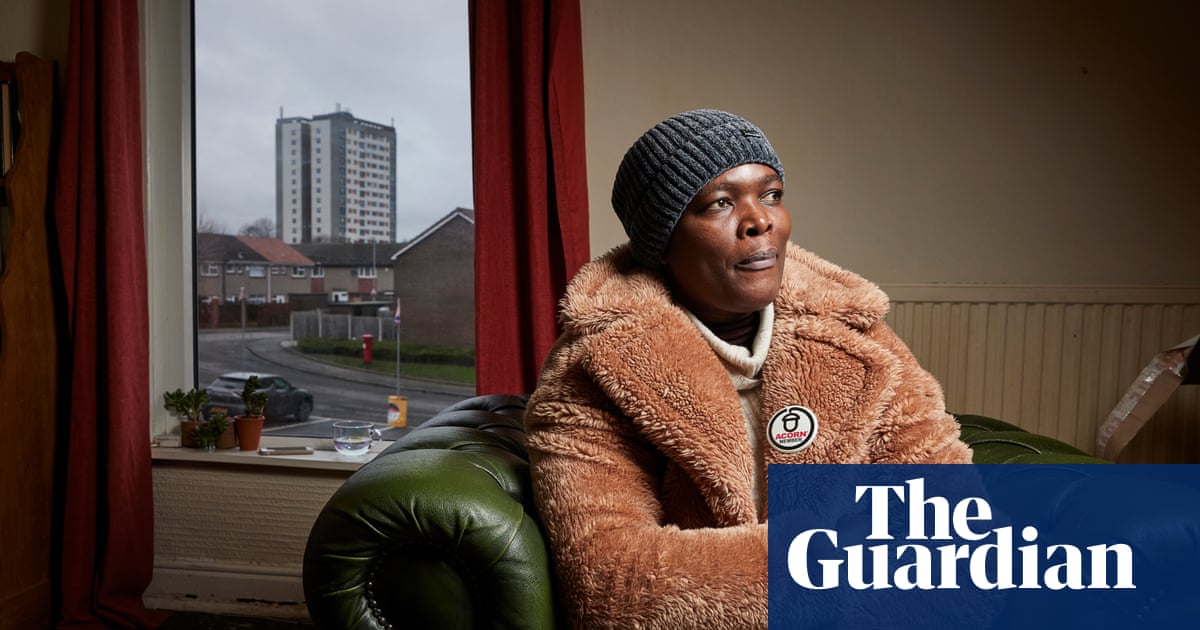
Thousands of people lost their lives “prematurely” because care homes in England lacked the protective equipment and financial resources to cope with the coronavirus outbreak, according to council care bosses.
In a highly critical report, social care directors say decisions to rapidly discharge many vulnerable patients from NHS hospitals to care homes without first testing them for Covid-19 had “tragic consequences” for residents and staff.
In many places, vulnerable people were discharged into care facilities where there was a shortage of personal protective equipment (PPE) or where it was impossible to isolate them safely, sometimes when they could have returned home, the report says.
“Ultimately, thousands have lost their lives prematurely in social care and were not sufficiently considered as part of wider health and community systems. And normality has not yet returned,” James Bullion, the president of the Association of Directors of Adult Social Services (Adass), said in a foreword to the report.
He added: “It is clear that adult social care was rendered ill-equipped and under-resourced to deal with the Covid-19 pandemic by the failure of successive governments of all political colours to recognise and understand how essential social care is.”
Care homes could account for half of all Covid-19 deaths in England by the end of June, according to one recent estimate.
The rapid discharge of thousands of NHS patients into the care system to free up hospital beds for coronavirus patients began in mid-March. It was not until 15 April that the government recommended testing before admission to care homes, and there has been widespread criticism of the slow and chaotic rollout of the testing programme.
Although the health secretary, Matt Hancock, said in May that the government had thrown a “protective ring” around care homes, the report found low levels of confidence among local authorities’ adult social care directors that sufficient testing was available for care home residents, staff and unpaid carers.
Bullion said directors were still not confident that testing was comprehensive enough, and PPE supply had only just begun to improve. “Social care is not out of the woods,” he said.
He said there had been too much emphasis on protecting the NHS at the expense of care homes, which had been treated as an “afterthought” in the fight against Covid-19. Lack of testing, issues with access to PPE and a lack of policy focus on social care in the early weeks of the pandemic had had “tragic consequences for individuals”.
Bullion, the director of adult social care at Norfolk county council, said the government’s £3.2bn bailout of councils to meet the extra costs of the pandemic was inadequate. More emergency cash was needed as well as a new long-term funding settlement to put the system on a sustainable footing, he said.
A spokesperson for the Department of Health and Social Care said: “Social care and its workforce are at the frontline of this unprecedented pandemic which has had a devastating effect on many individuals and families. Every death has been a tragedy.
“Adult social care will continue to get all the support and resources they need to tackle the impacts of the pandemic, with £3.2bn for local authorities to help address pressures on local services, including in adult social care, and £600m to control infections in care homes.”
Liz Kendall, the shadow minister for social care, said: “These findings expose the devastating impact Covid-19 has had on social care, and the grief and trauma that so many people have been through. The government has been too slow to protect elderly and disabled people and support those who need help most, and Adass is right to say social care must never be exposed like this again.”
The Adass report was based on a survey held during May of adult social care directors in 146 of the 151 councils in England with social care responsibilities.











